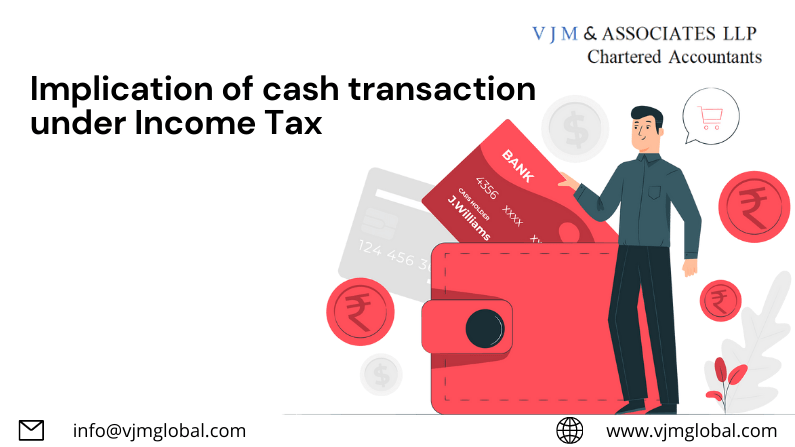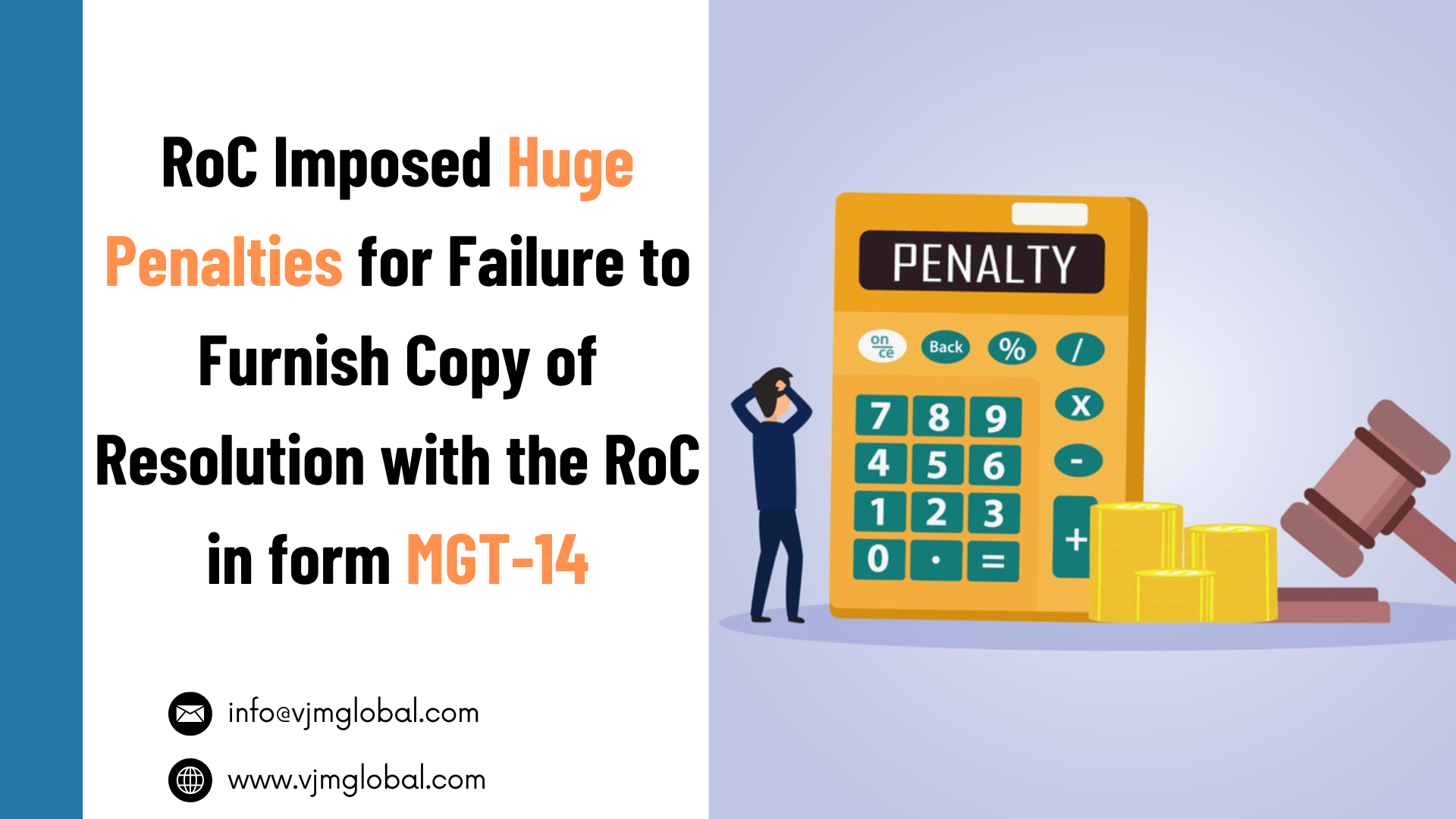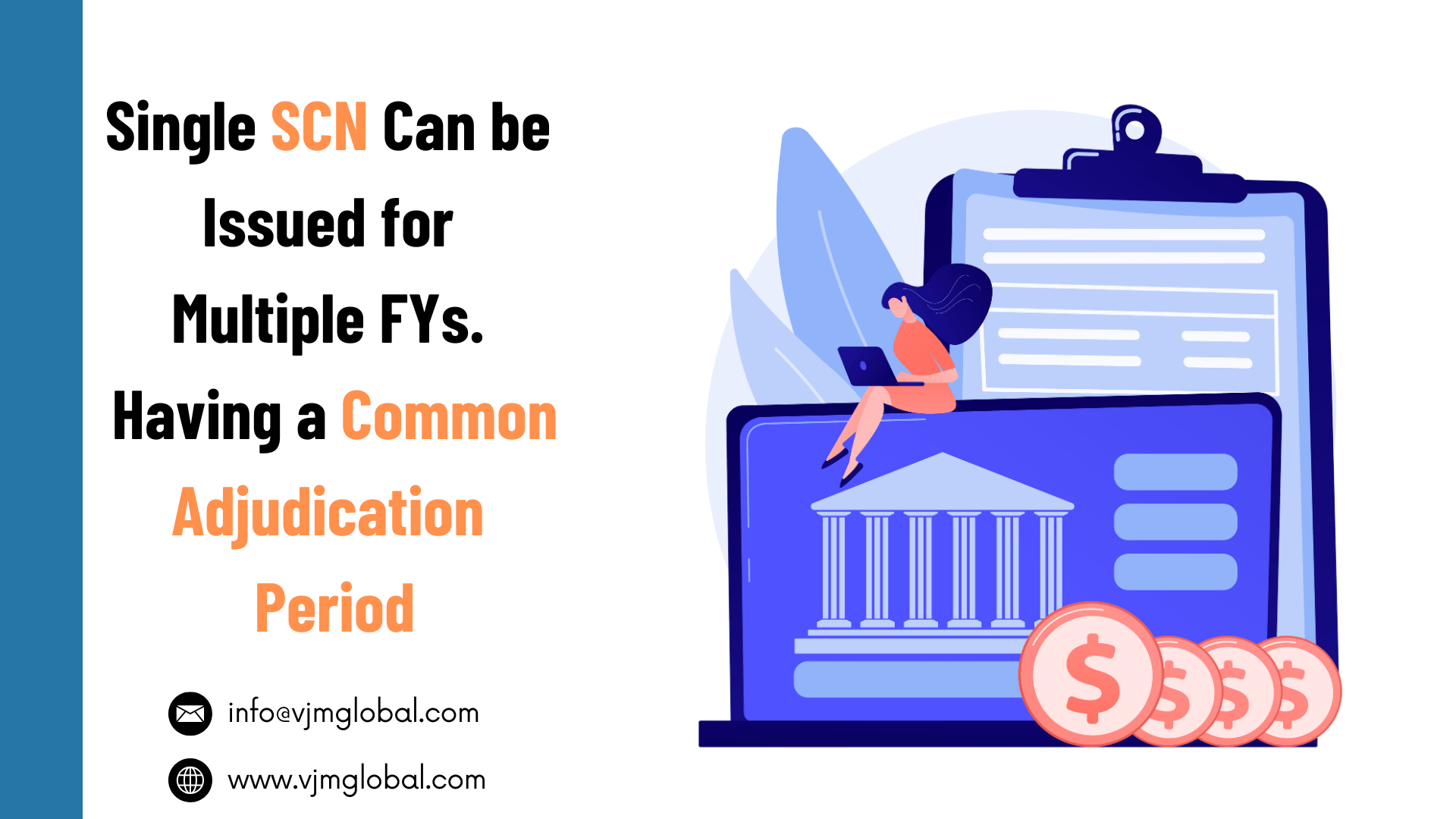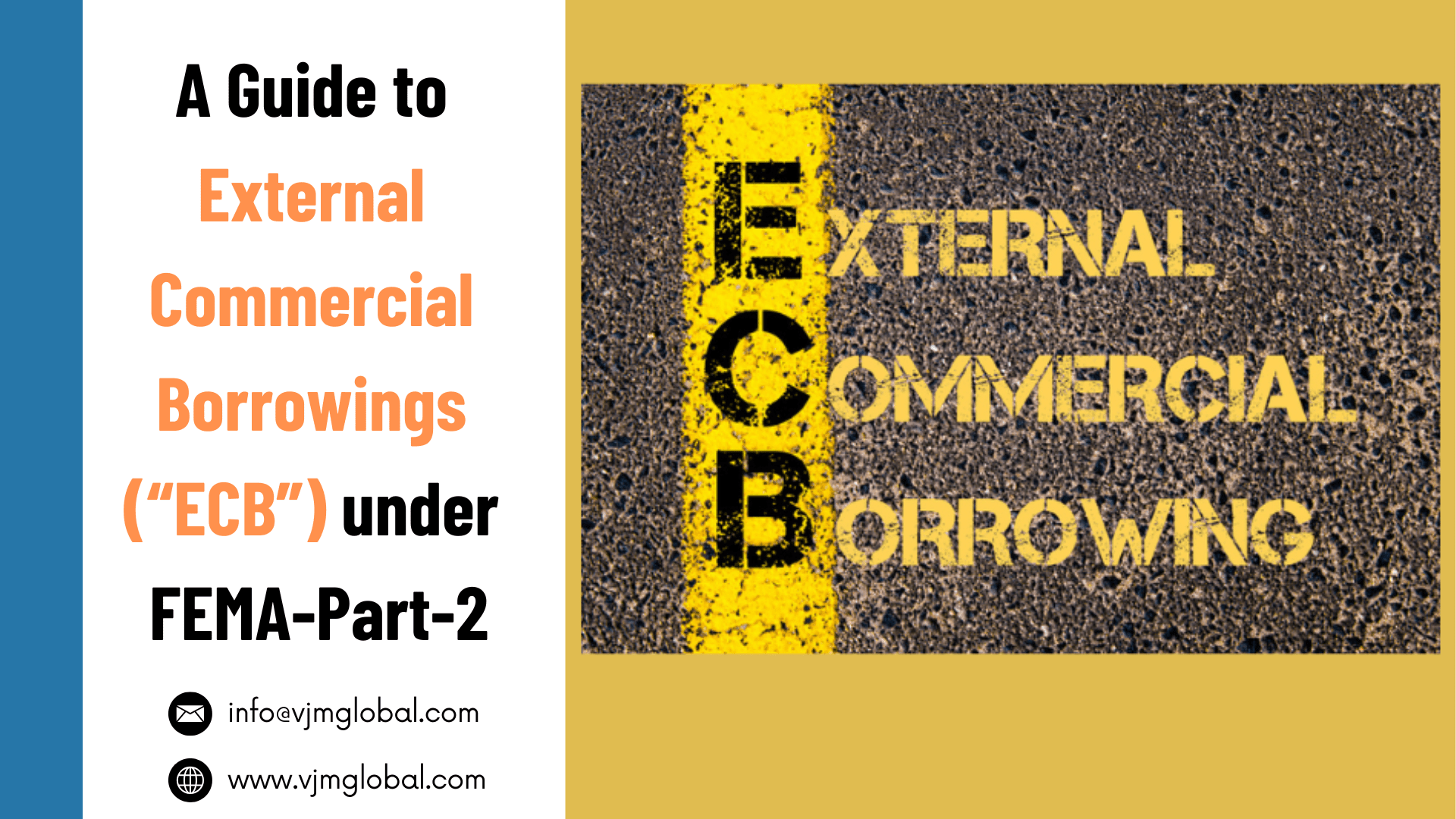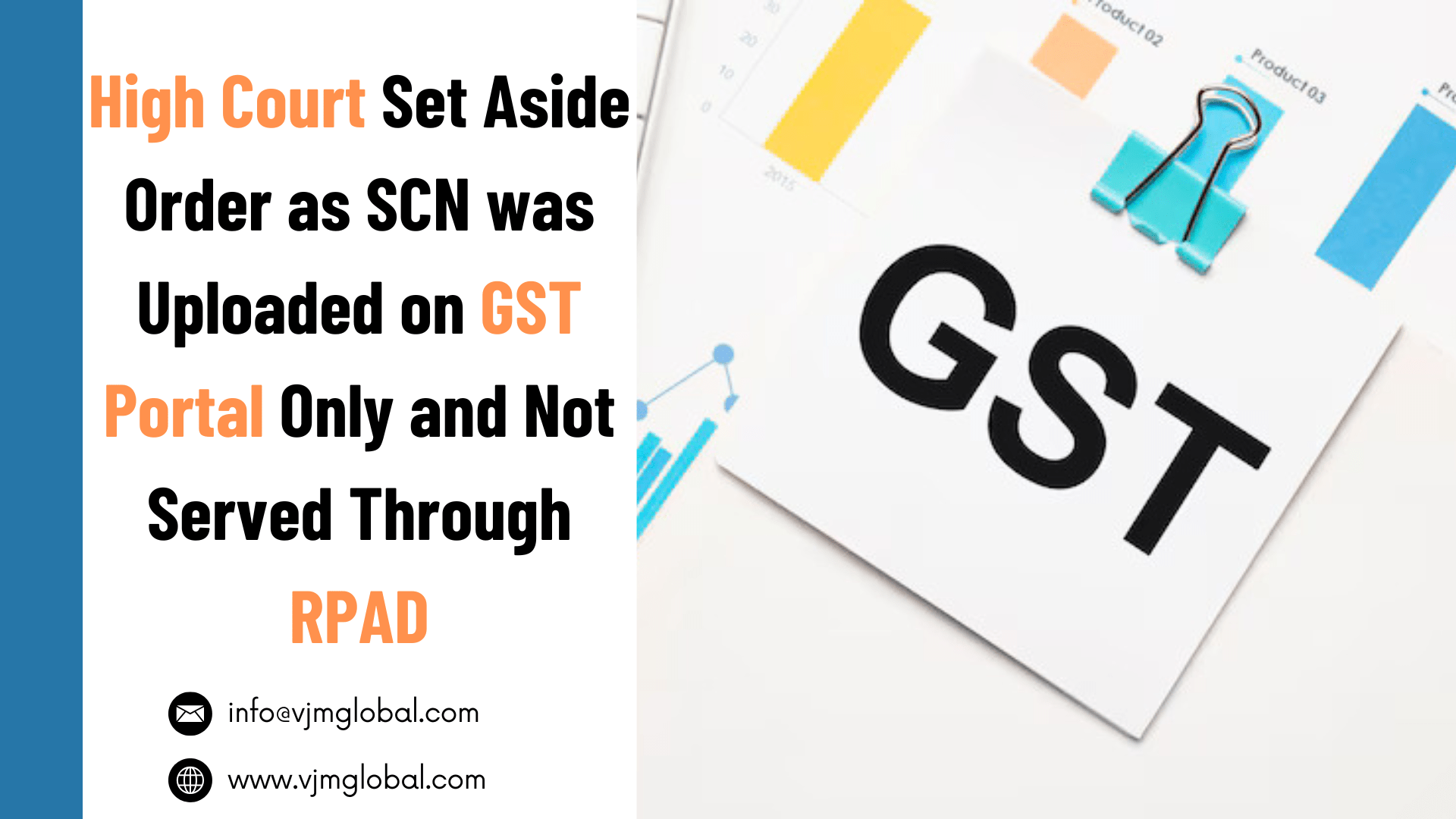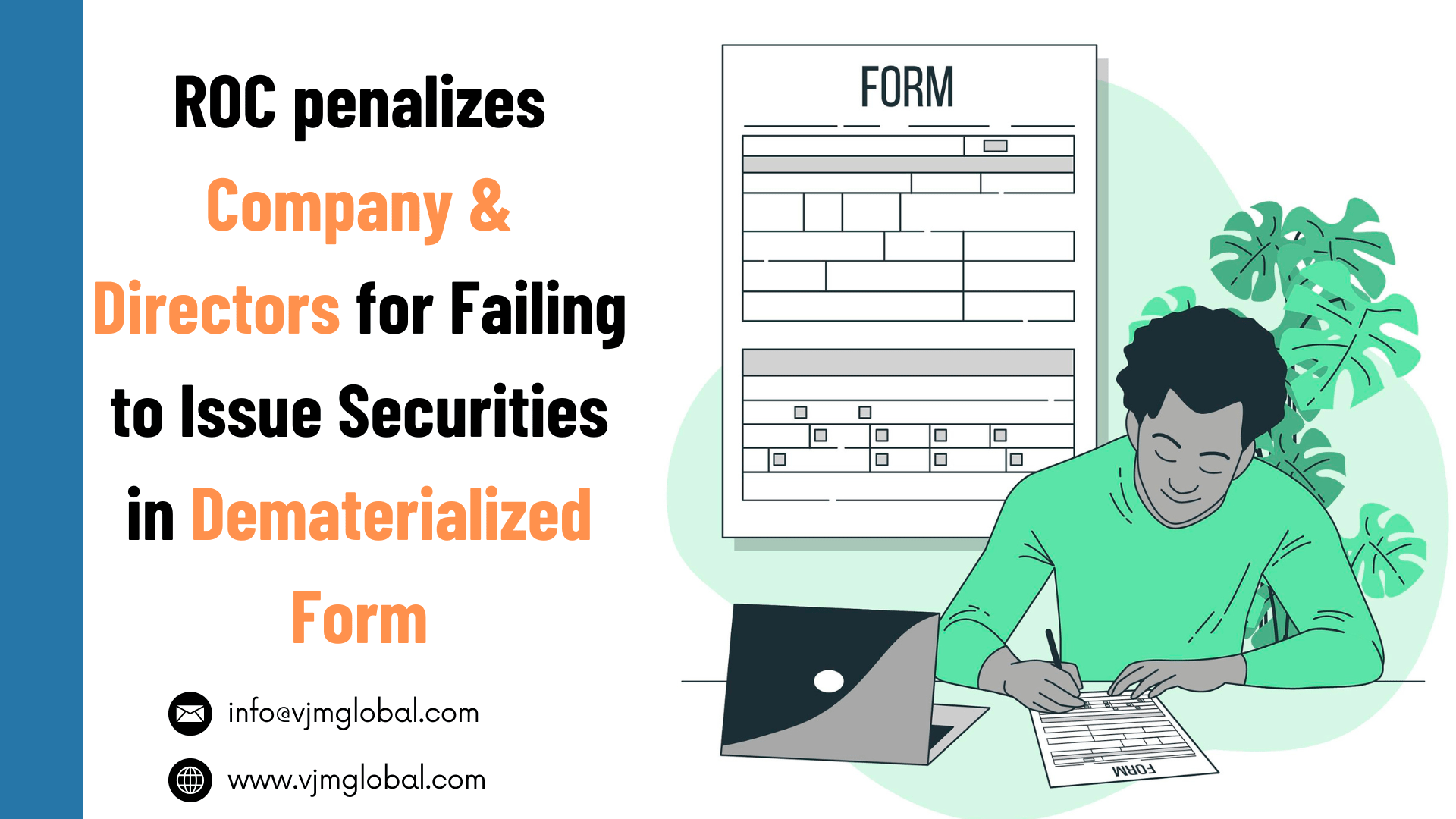Over the years there have been a lot of changes taking place in terms of advancement and digitization in the business world. Digitization has not only provided convenience in doing business but also helps to check and tackle down the black money circulation which many are practicing. Tax evasion practices or transactions in black money markets mostly take place in cash and digitization of these transactions is the best way to avoid it. These practices adversely affect government revenues and close the way for investment in productive fields.
The government is making all the efforts to promote electronic transactions by providing various tax incentives and discouraging cash transactions by imposing various penalties or increasing tax compliances for cash transactions.
Over the period of more stringent provisions have been introduced under Income Tax Act related to cash transactions.
In this article we will discuss various provisions of the Income Tax Act related to cash transactions:
1. Disallowance of Expenses incurred in Cash (Section 40A(3) of Income Tax Act)
- As per Section 40A(3) of Income Tax Act, if payment for any expenditure exceeding INR 10,000 is made in cash, i.e., otherwise than by an account payee cheque or account payee bank draft or use of electronic clearing system then no deduction shall be allowed for such expenditure.
- However, if payment is made for plying, hiring or leasing of goods carriage then the limit of INR 10,000 has been increased to INR 35,000.
- Consequences of Non-Compliance: No penalty is prescribed as above discussed payments are made in cash. However, no deduction for such expense shall be allowed from taxable income and it will result in increased tax liability.
- Disallowance of Depreciation Section 43(1)
2. No Depreciation is allowed for fixed Asset purchased in cash (Section 43(1) of Income Tax Act)
- As per Section 43(1), if any payment or part payment for purchase of fixed asset is made in cash exceeding INR 10,000 in a day then such part of cost shall not be considered for computation of “Actual Cost” of fixed asset.
- Consequently, no depreciation shall be allowed on such part and it will result in increased income tax liability.
3. No Donation to political parties in cash (Section 13A of Income Tax Act)
- As per Section 13A of Income Tax Act, Any income of a political party by way of voluntary contributions received from any person shall not subject to Income Tax.
- However, political parties are not allowed to receive donations exceeding INR 2,000 in cash and such donations shall be subject to Income Tax.
4. No Deduction for in respect of expense incurred for specified business (Section 35AD)
- As per Section 35AD, 100% or 150% of the deduction is allowed with respect to certain capital expenditure incurred for specified business.
- However, no deduction shall be allowed where expense exceeding INR 10,000 is paid in cash.
5. Prohibition on Acceptance or repayment of Loan or deposit in case
5.1 Prohibition on acceptance of cash loans, deposits etc. (Section 269SS)
- Section 269SS prohibits acceptance of loan or deposit or any specified sum exceeding INR 20,000 in cash.
- “Specified sum” means any amount receivable, whether as advance or otherwise, in relation to transfer of an immovable property, whether or not the transfer takes place.
- Consequences for Non-Compliance:
If any loan or deposit or specified sum is accepted in contravention of Section 269SS then a penalty equal to the amount of such loan or deposit or specified sum shall be levied u/s 271D.
5.2 Prohibition on repayment of Loan in cash (Section 269T)
- No person, including banks, co-operative banks, companies etc., are allowed to repay any loan or deposit or any specified advance received by it in cash exceeding INR 20,000.
- “Specified Advance” means any amount receivable, whether as advance or otherwise, in relation to transfer of an immovable property, whether or not the transfer takes place.
- Consequences for Non-Compliance:
If any loan or deposit or specified sum is repaid in contravention of Section 269T then a penalty equal to the amount of such loan or deposit or specified sum shall be levied u/s 271E.
5.3 Non-applicability of Section 269SS and 269T
However, provisions of Section 269SS and 269T are not applicable loans or advance or specified sum is received from or repaid to:
- Government;
- Any banking company, post office savings bank or co-operative bank;
- Any corporation established by a Central, State or Provincial Act;
- Any Government company as defined in section 617 of the Companies Act, 1956 (1 of 1956);
- Such other institutions, associations or bodies or class of institutions, associations or bodies which the Central Government may notify.
6. Prohibition on receipt of amount in Cash (section 269ST))
6.1 Prohibition under Section 269ST
Section 269ST has clearly restricted receipt of any amount exceeding INR 2,00,000 in cash with respect to following transactions:
- In aggregate from a person in a single day. It includes any amount received from a person in a single day irrespective of the fact that such amount is received in multiple installments in a day or received against multiple invoices.
- In respect of a single transaction.
- In respect of transactions relating to one event or occasion from a person
6.2 Non Applicability of section 269ST
Provision of Section 269ST shall not apply to:
- Any amount received by the government or any banking company, post office saving bank or co-operative bank.
- Transaction of the nature which are specified in section 269SS (Mode of taking or accepting certain loans, deposits and specified sum)
- Those persons or class of persons or receipts, which the Central Government may notify.
6.3 Penalty for not complying the section 269ST
The government has levied a hefty penalty for the person not following this section. If any person receipts amount in contravention of provisions of Section 269ST then a penalty equivalent to the amount received in cash shall be levied u/s 271DA.
7. Audit Liability under Income Tax Act
- Under Section 44AB of Income Tax Act, every person, whose total sales, turnover or gross receipts in business exceeds INR 1 Crore in any previous year then he is required to get his accounts audited under section 44AB of Income Tax Act.
- However, if any person satisfies following 2 conditions then Limit of INR 10 Crore shall apply instead of INR 1 Crore:
- Aggregate of all amounts received during the year in cash, including amount received for sales, does not exceed 5% of the said amount and
- aggregate of all payments made in cash during the year, including amount incurred for expenditure, in cash, does not exceed 5% of the said payment.
- Therefore, if aggregate receipts and expenditure in cash exceeds 5% of total receipts and expenditure then Audit Exemption limit of INR 1 Crore shall apply.
8. TDS on cash withdraw in excess of INR 1 Crore during the year (Section 194N)
- To discourage cash transactions, the government has introduced a new section 194N wherein if a person withdraws aggregate cash exceeding INR 1 Crore during the year from his one or multiple bank account then Bank (Private or Public Sector), a co-operative Bank or a post office shall deduct TDS @2% on amount withdrawn in excess of INR 1 Crore.
- However, provisions of Section 194N shall not apply where amount is withdraw by:
- the Government;
- any banking company or co-operative society engaged in carrying on the business of banking or a post office;
- any business correspondent of a banking company or co-operative society engaged in carrying on the business of banking, in accordance with the guidelines issued in this regard by the Reserve Bank of India;
- any white label ATM operator of a banking company or co-operative society engaged in carrying on the business of banking, in accordance with the authorisation issued by the Reserve Bank of India.
9. Prohibited Deduction under Chapter-V if payment is made in cash
9.1 Payment of Health Premium under Section 80D
- As per Section 80D, for the purpose of claiming deduction from Gross Taxable Income, assessee is required to make payment of medical premium or other eligible deductions u/s 80D in any mode other than cash. Only payments for preventive health check-ups are allowed in any mode including cash.
9.2 Restrictions on deduction of Donations made in cash
- Deduction for donations u/s 80G shall be allowed only if payment of donations are made in any mode other than cash.
- No deduction shall be allowed in respect of donation of any sum exceeding INR 2,000 unless such sum is paid by any mode other than cash.
Conclusion
The government introduced many rules and provisions to tackle down the tax evaders and make the economy of the county grow by the right use of finances in the country.
The above provisions are introduced as a guideline that every taxpayer is required to comply with all the provisions of the Income Tax Act for better and clean books of accounts. Complying with all the provisions fetch many benefits to the taxpayer in terms of deductions, for better planning of future, no legal disputes in the name of the taxpayer if they follow all the provisions.
Apart from these, a taxpayer should maximize their digital transaction instead of cash transactions in order to curb down the black money.

